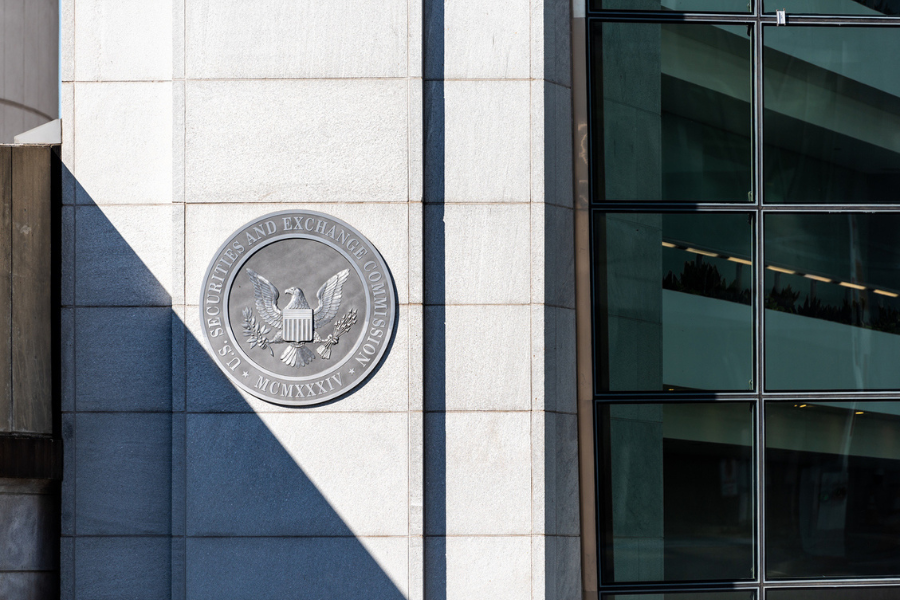

A New York RIA and its owner have been ordered to pay almost $1 million to settle charges from the Securities and Exchange Commission.
Hudson Valley Wealth and its founder Christopher Conover were charged with breaching their fiduciary duties for failing to disclose a conflict of interest following investment advice given to clients, and also failed to execute redemption requests from clients.
The firm and founder advised a private investment fund and individual clients to make investments in films being made by a production company. The advice was given between September 2017 and October 2021.
During this time, Conover was paid $530,000 through a company affiliated with him, in exchange for the investments made by his clients. Having initially not disclosed this at all, Hudson Valley and Conover later misrepresented that that payments were compensation for Conover’s work as an executive producer on the films.
The SEC further charged the firm and founder with failing to execute redemption requests from several clients despite having done so for one client. Favoring one over the others constitutes a failure of fiduciary duties.
“Fully and fairly disclosing conflicts of interest are at the heart of an investment adviser’s fiduciary duty,” said Andrew Dean, co-chief of the Enforcement Division’s Asset Management Unit. “Investors must have confidence that their investment advisers are treating them fairly and acting in their best interest when investing their funds.”
Hudson Valley agreed to pay a civil penalty of $200,000, and Conover agreed to pay more than $600,000 in disgorgement and prejudgment interest and a $150,000 civil penalty to settle the charges. Hudson Valley and Conover also agreed to cease-and-desist orders and censures.

Rajesh Markan earlier this year pleaded guilty to one count of criminal fraud related to his sale of fake investments to 10 clients totaling $2.9 million.

From building trust to steering through emotions and responding to client challenges, new advisors need human skills to shape the future of the advice industry.

"The outcome is correct, but it's disappointing that FINRA had ample opportunity to investigate the merits of clients' allegations in these claims, including the testimony in the three investor arbitrations with hearings," Jeff Erez, a plaintiff's attorney representing a large portion of the Stifel clients, said.

Chair also praised the passage of stablecoin legislation this week.

Maridea Wealth Management's deal in Chicago, Illinois is its first after securing a strategic investment in April.
Orion's Tom Wilson on delivering coordinated, high-touch service in a world where returns alone no longer set you apart.
Barely a decade old, registered index-linked annuities have quickly surged in popularity, thanks to their unique blend of protection and growth potential—an appealing option for investors looking to chart a steadier course through today's choppy market waters, says Myles Lambert, Brighthouse Financial.
